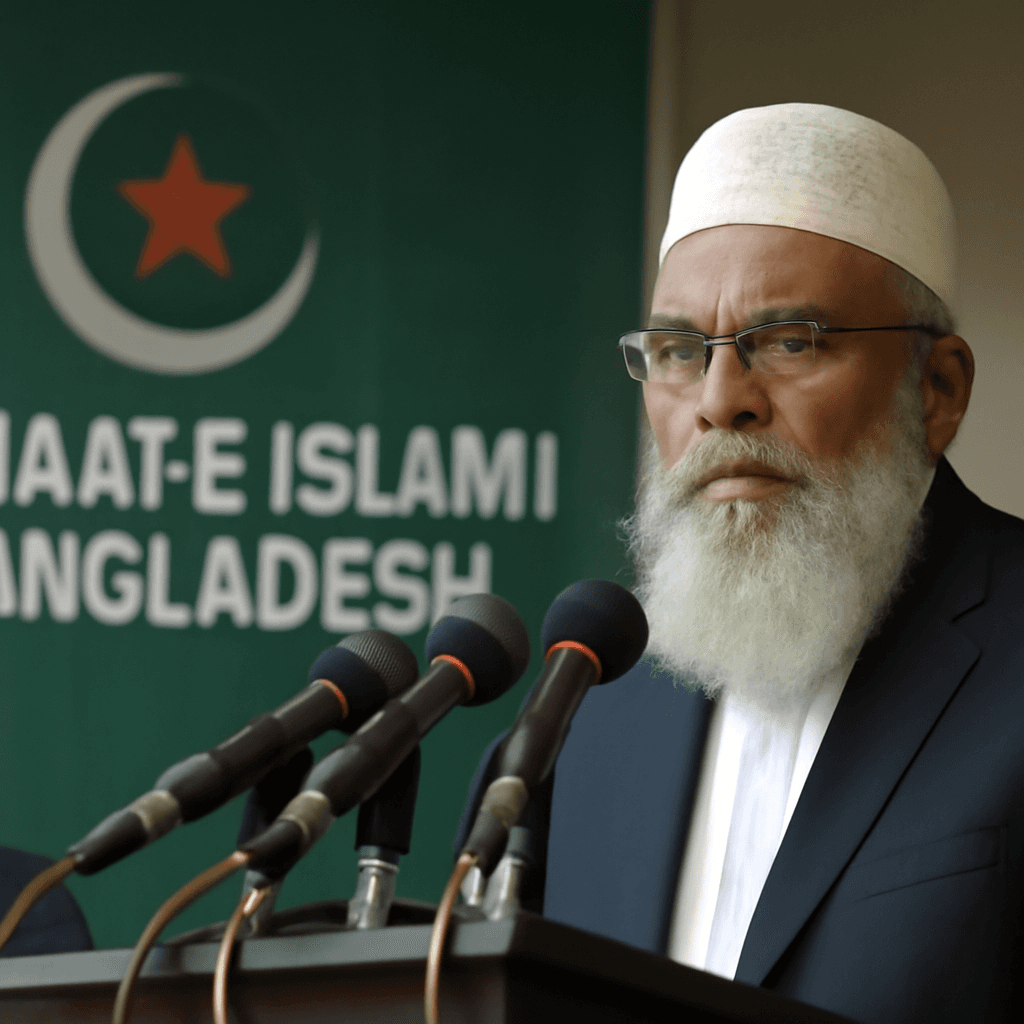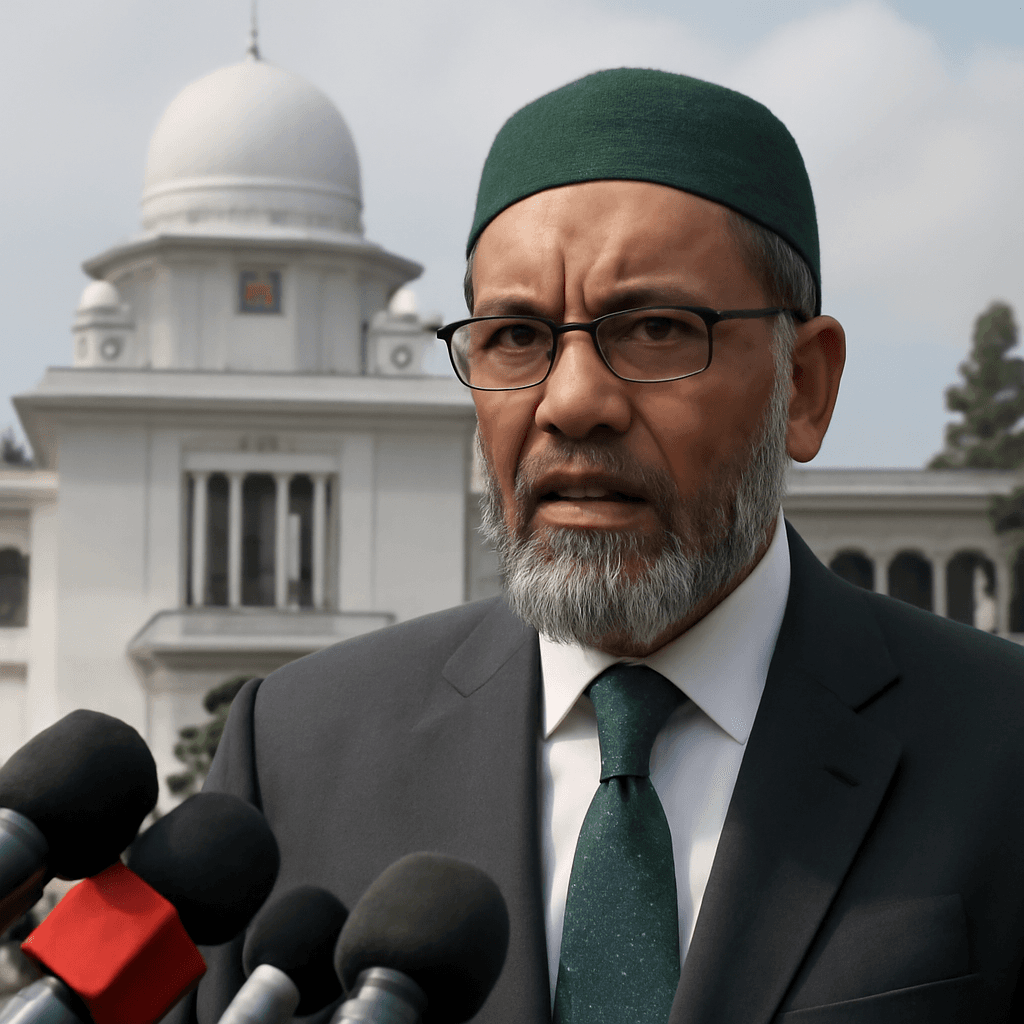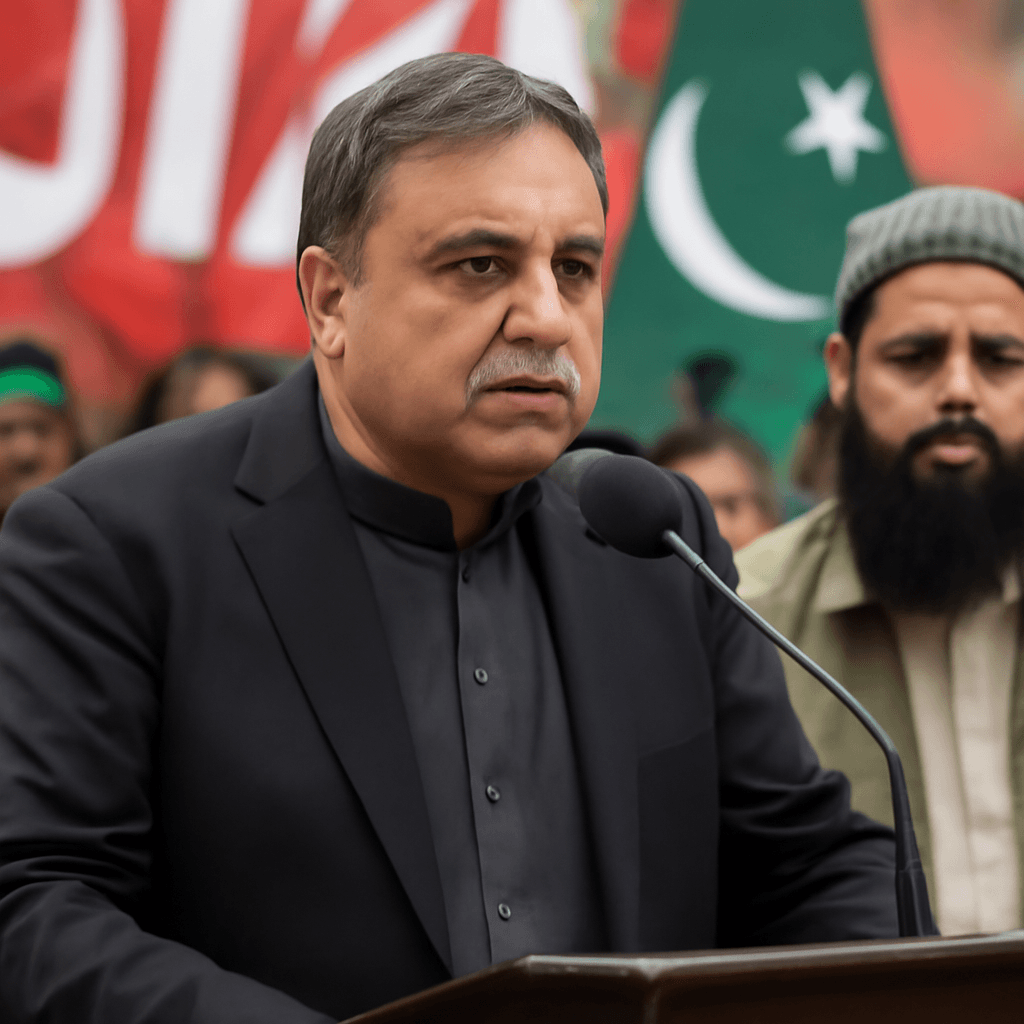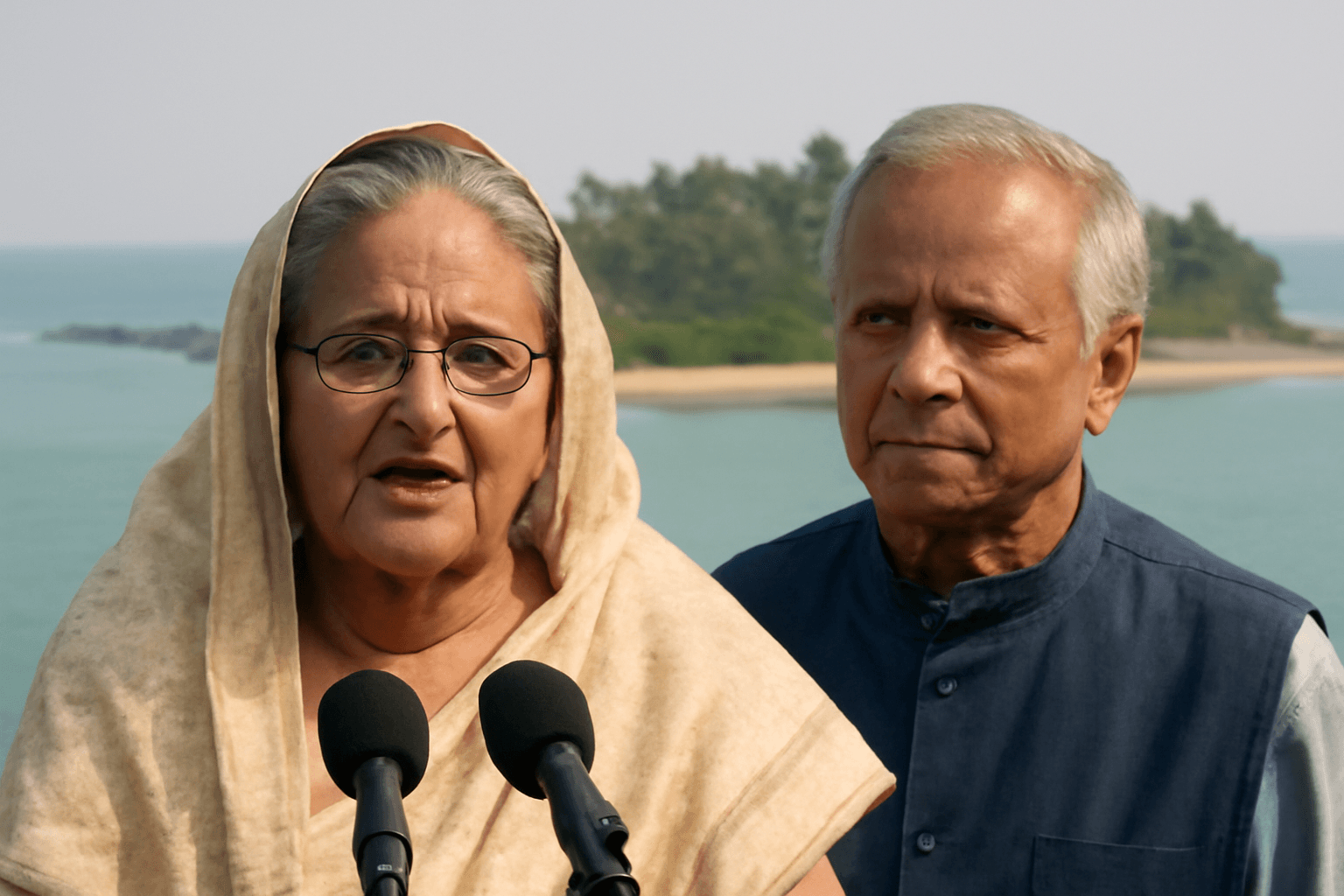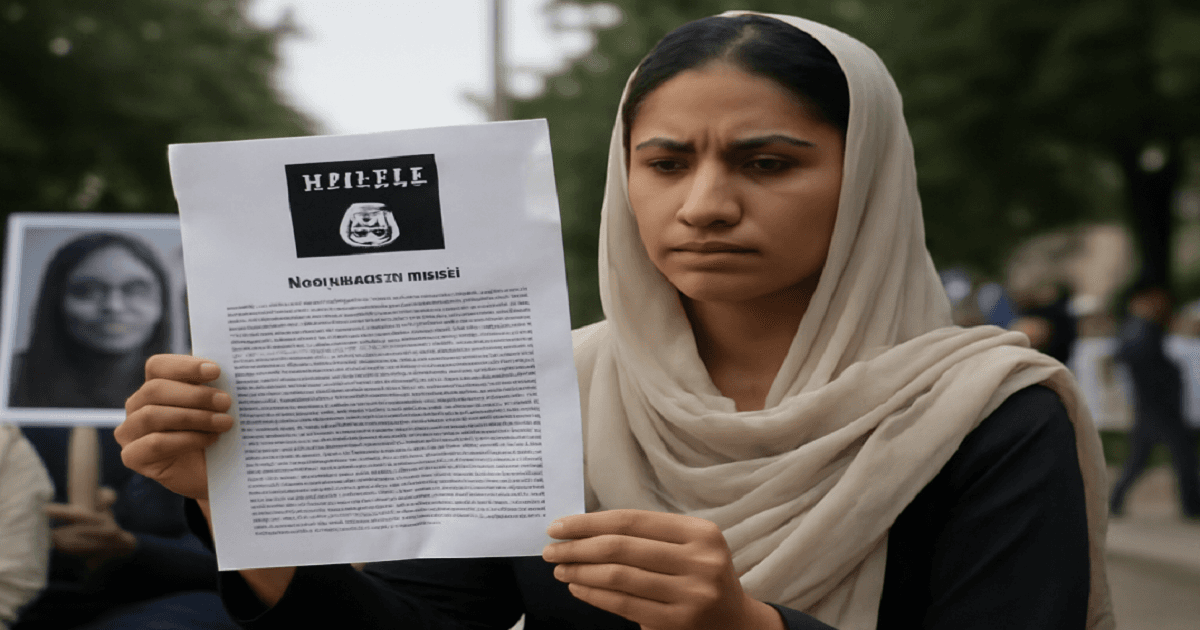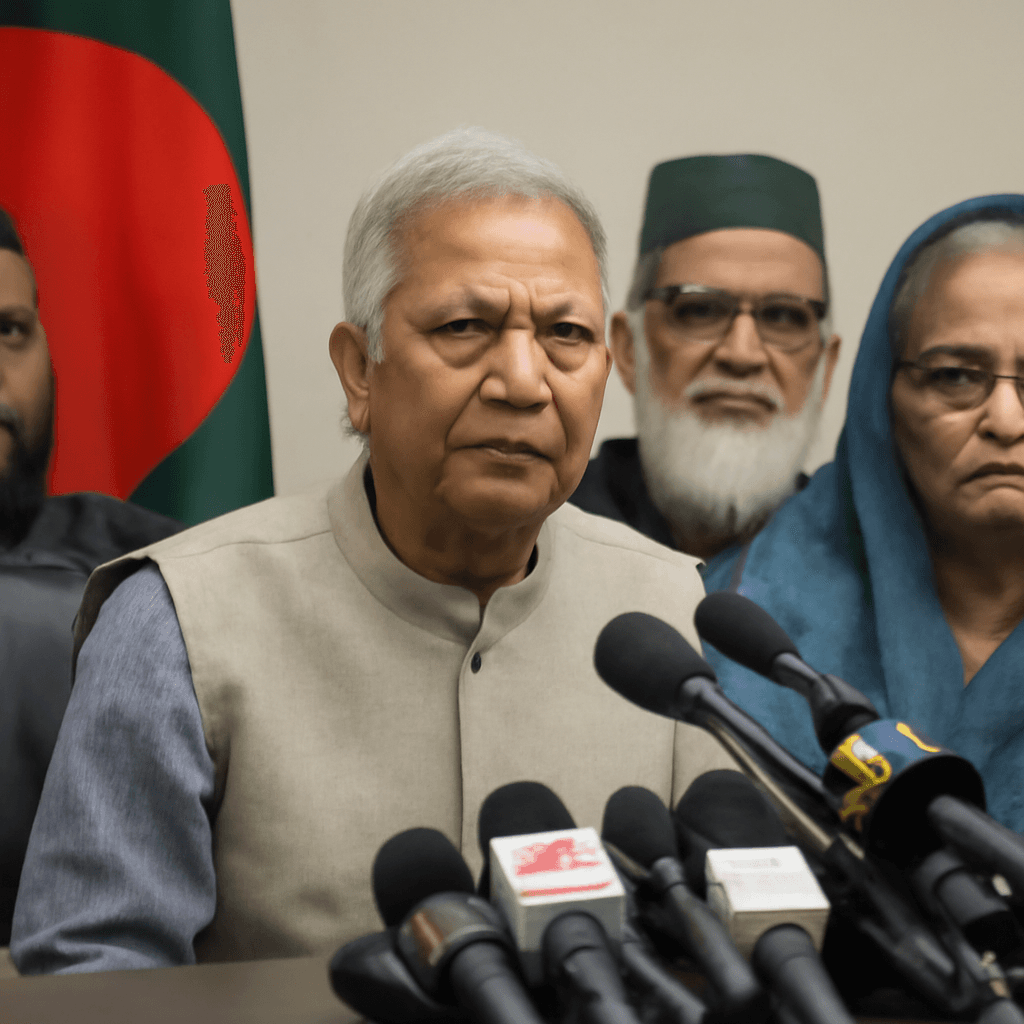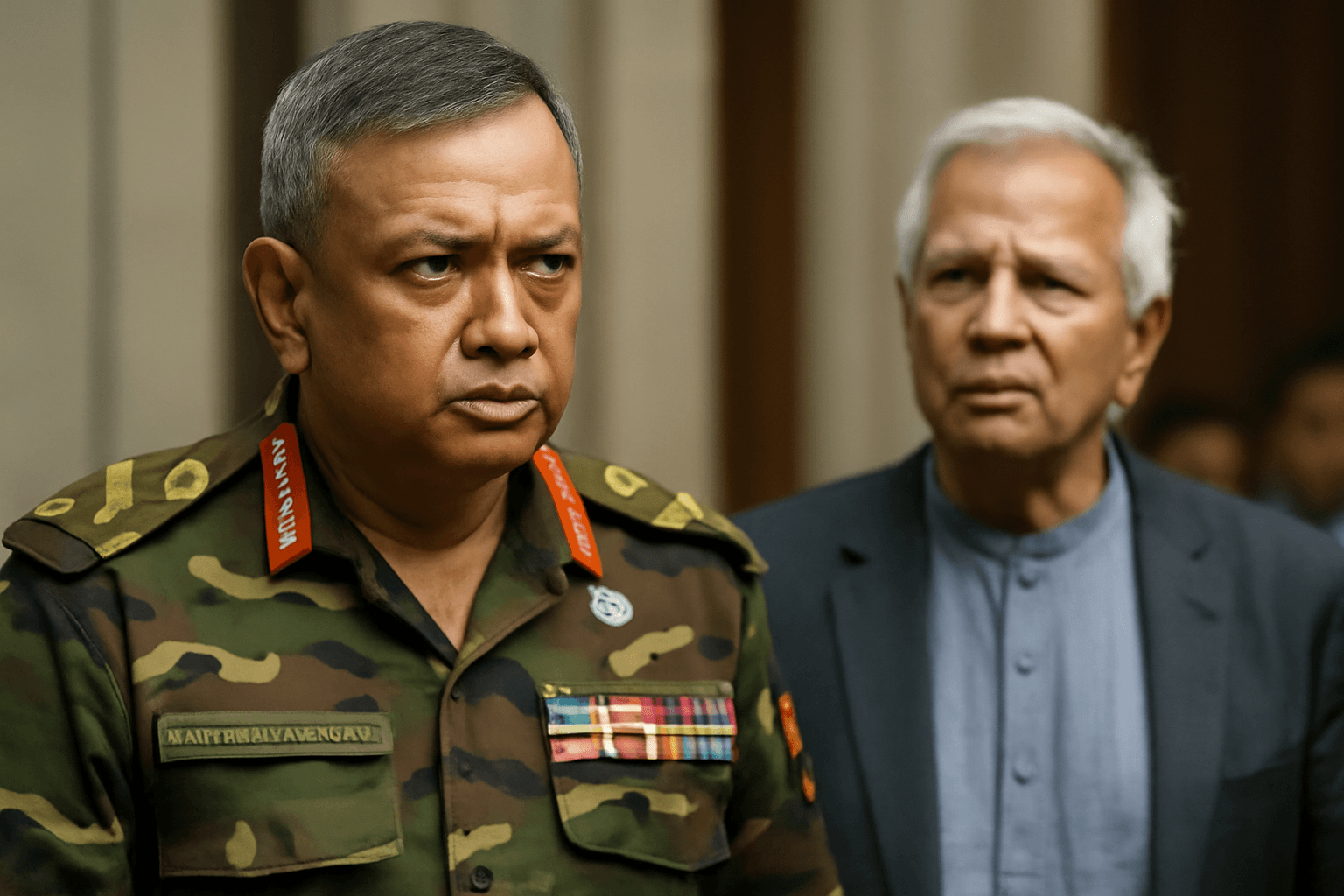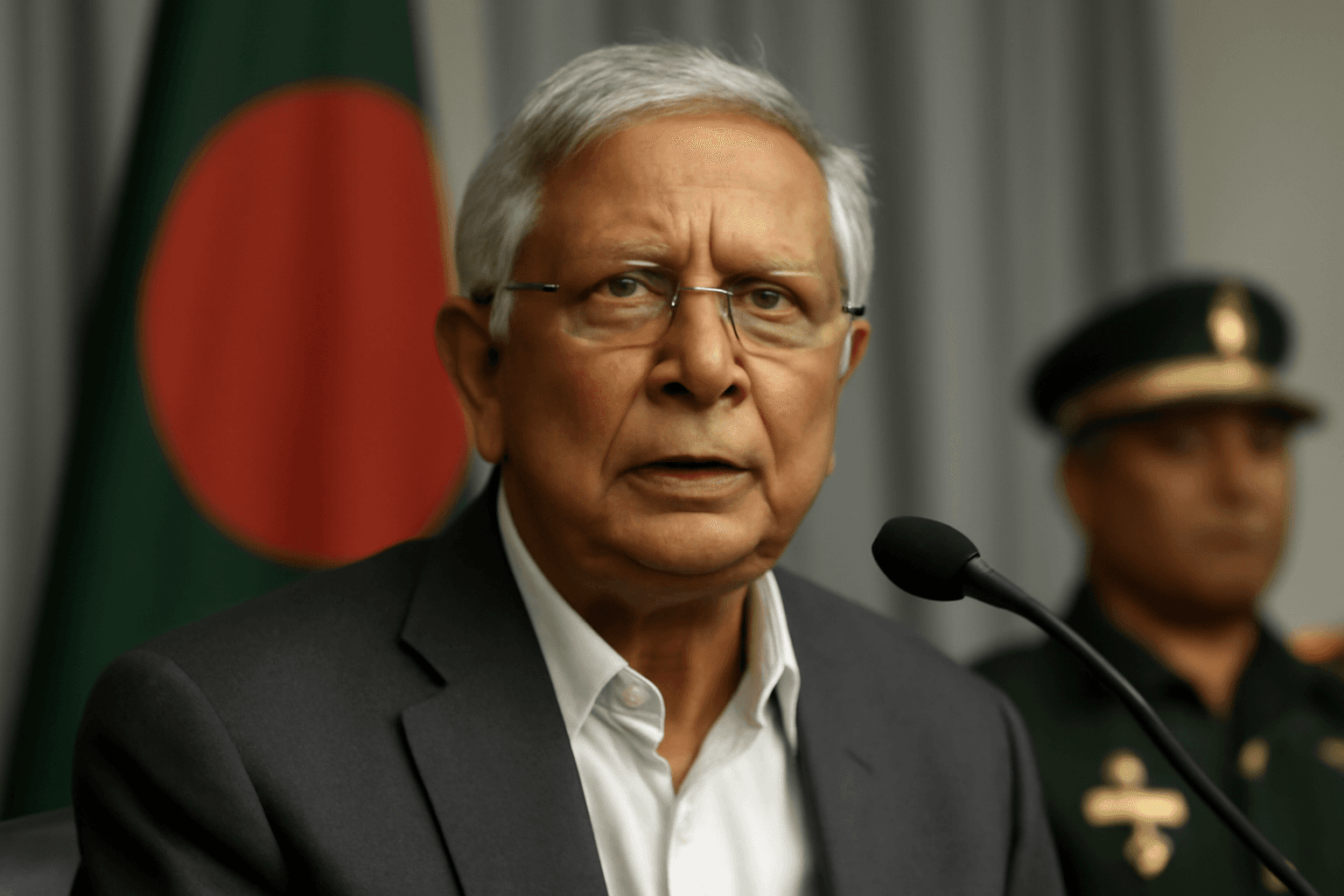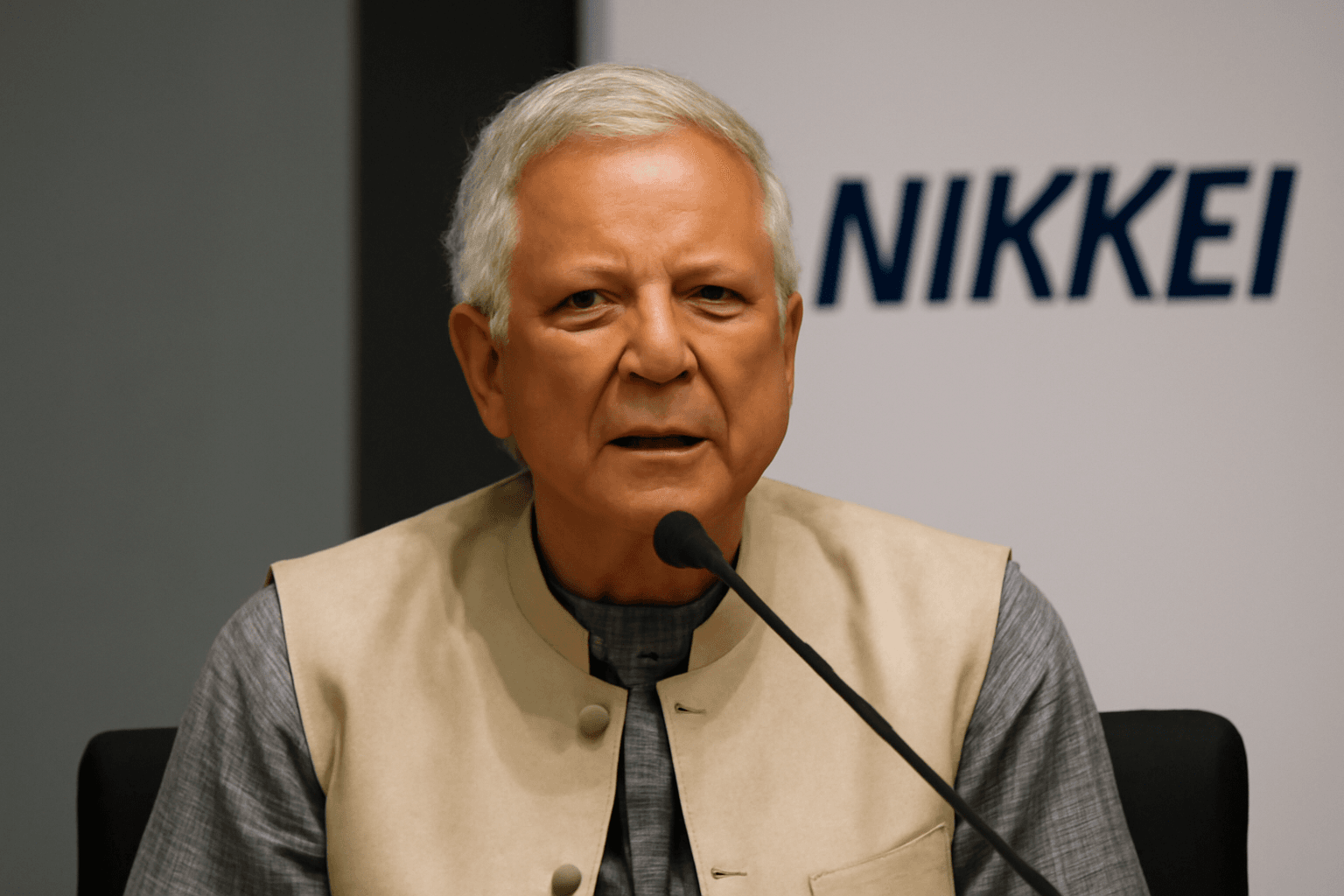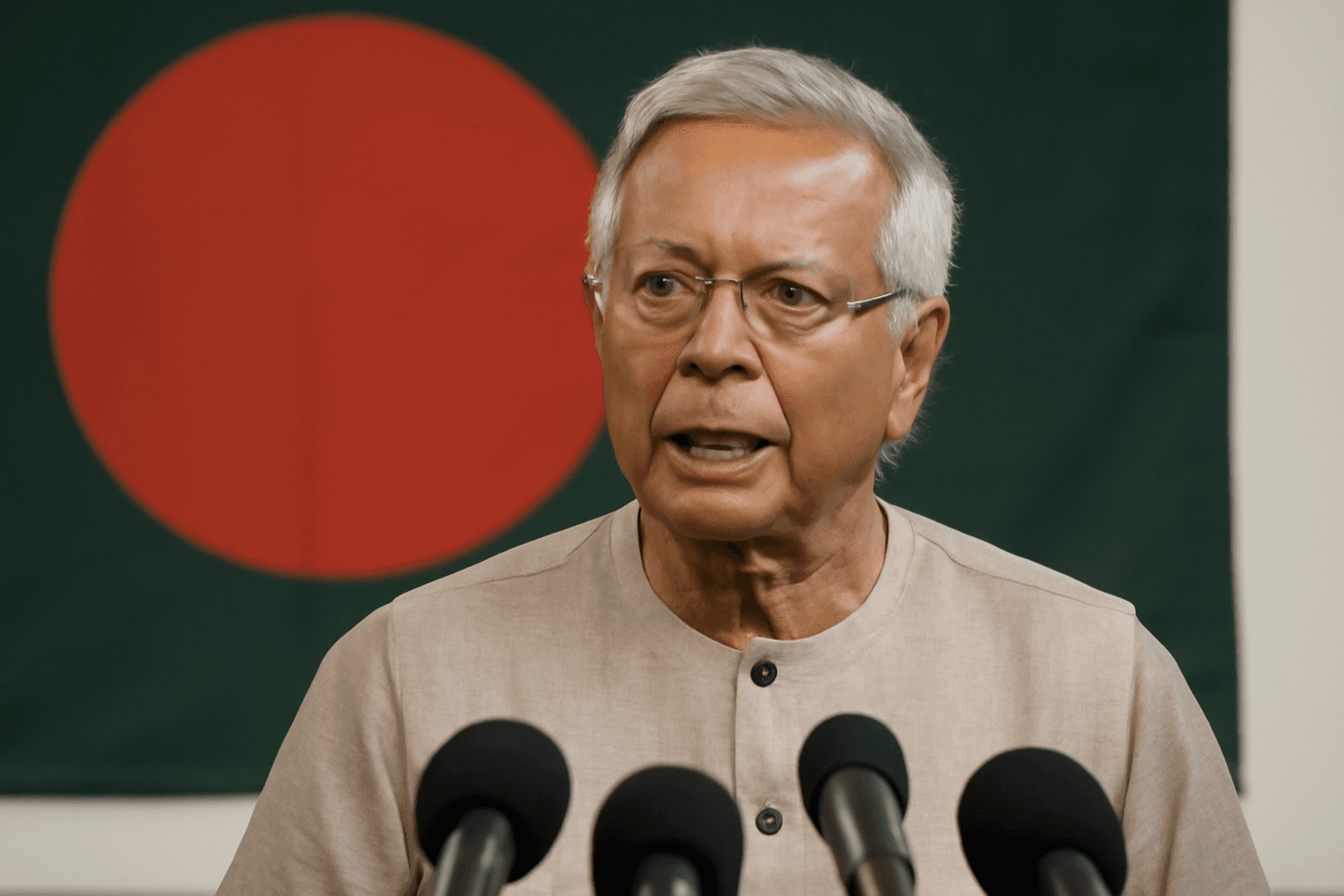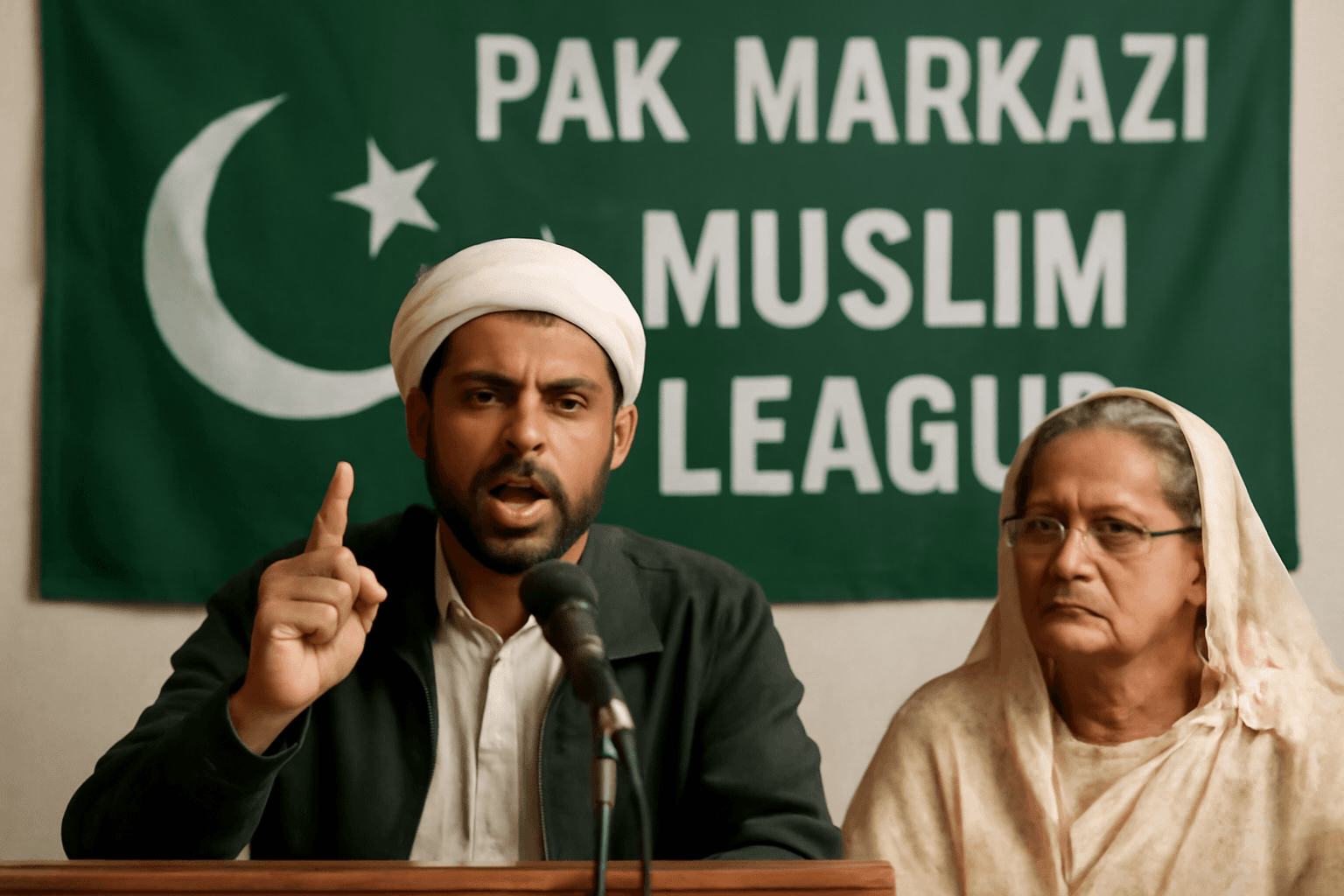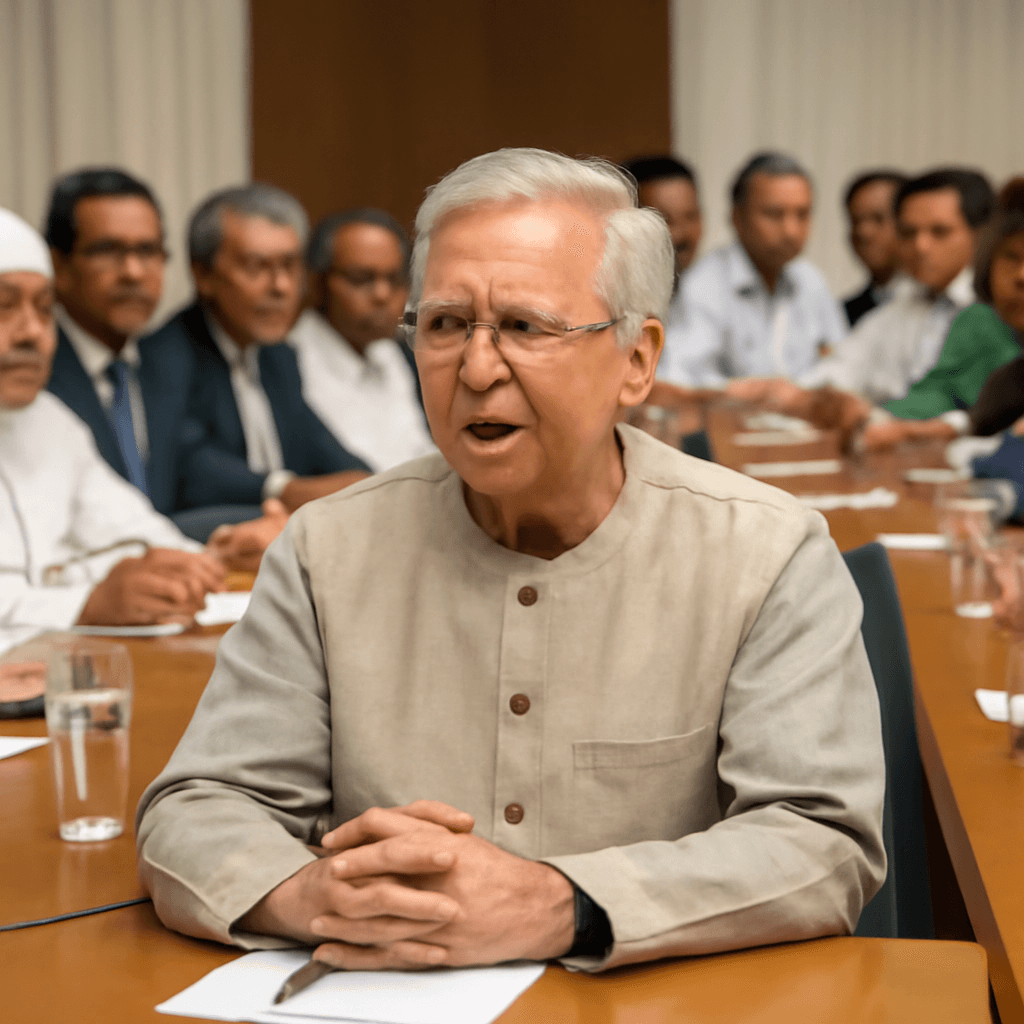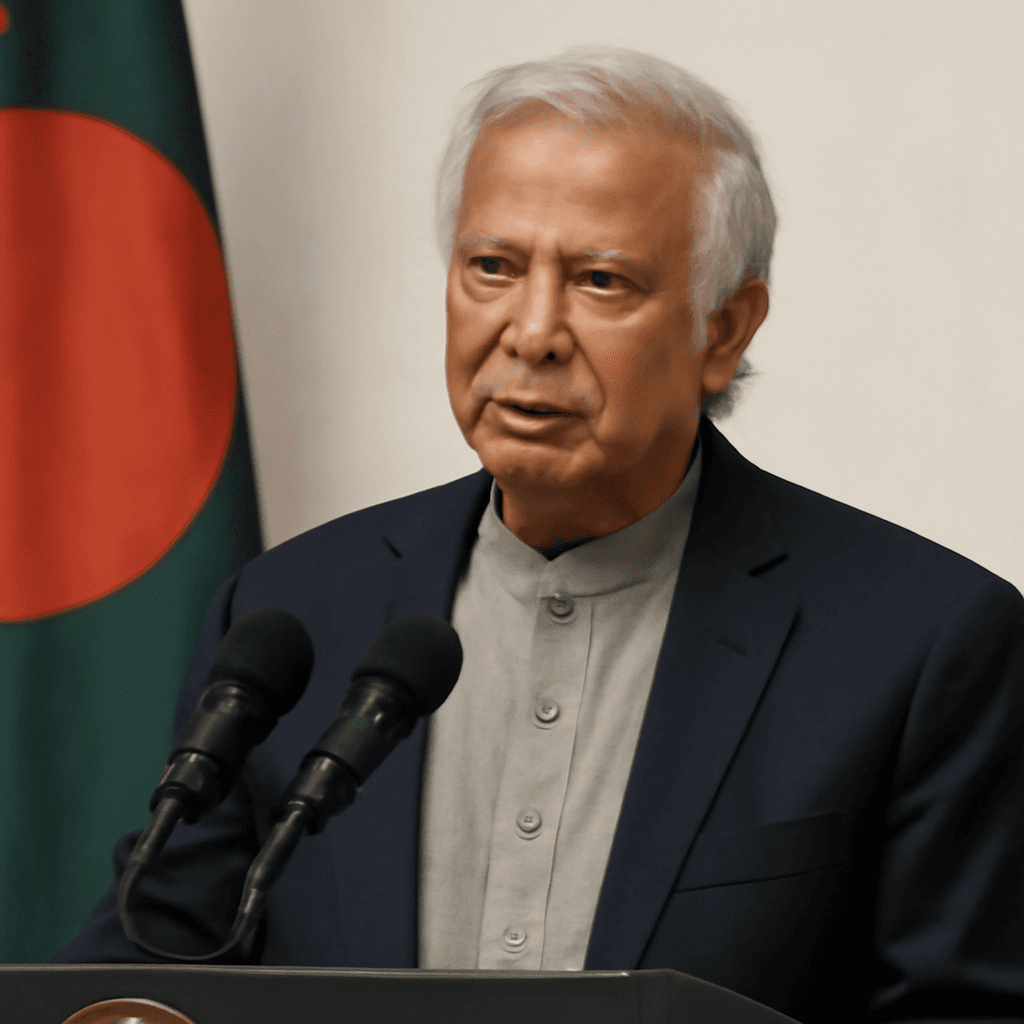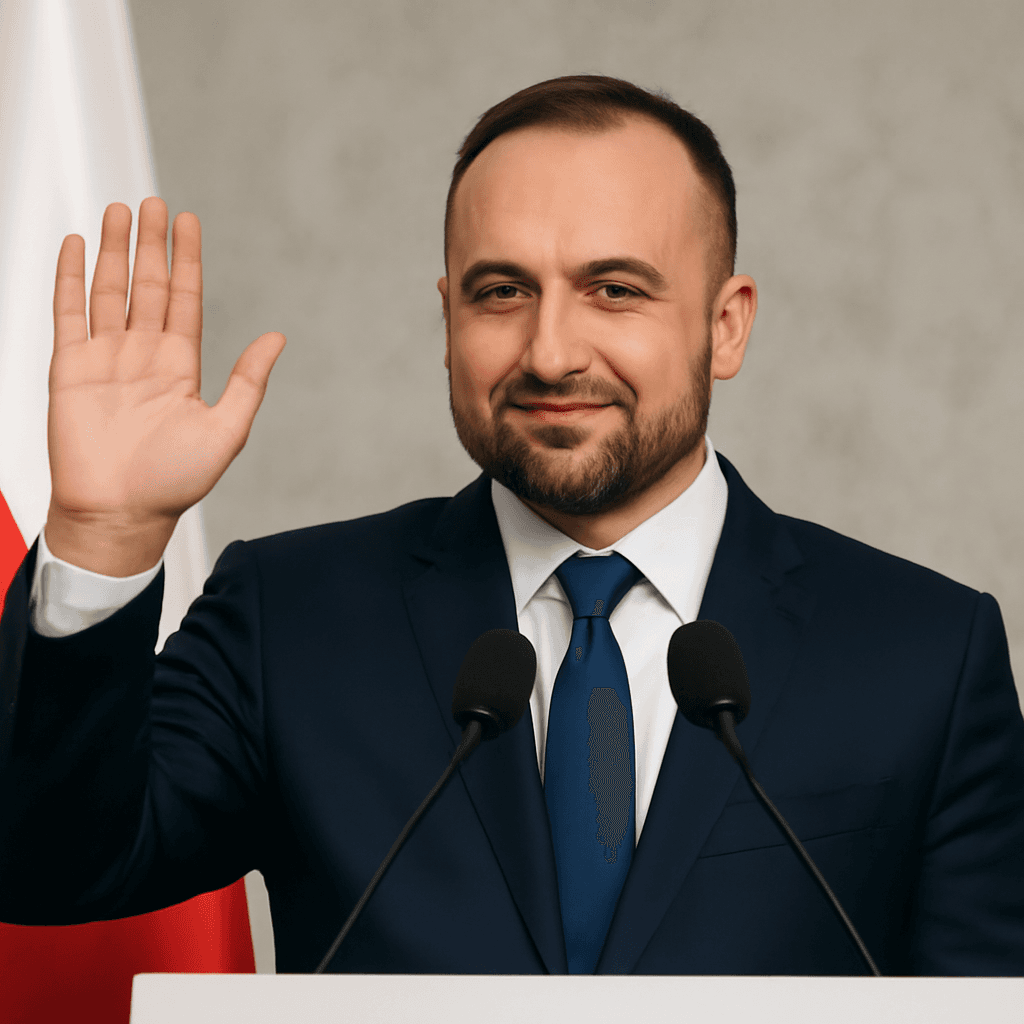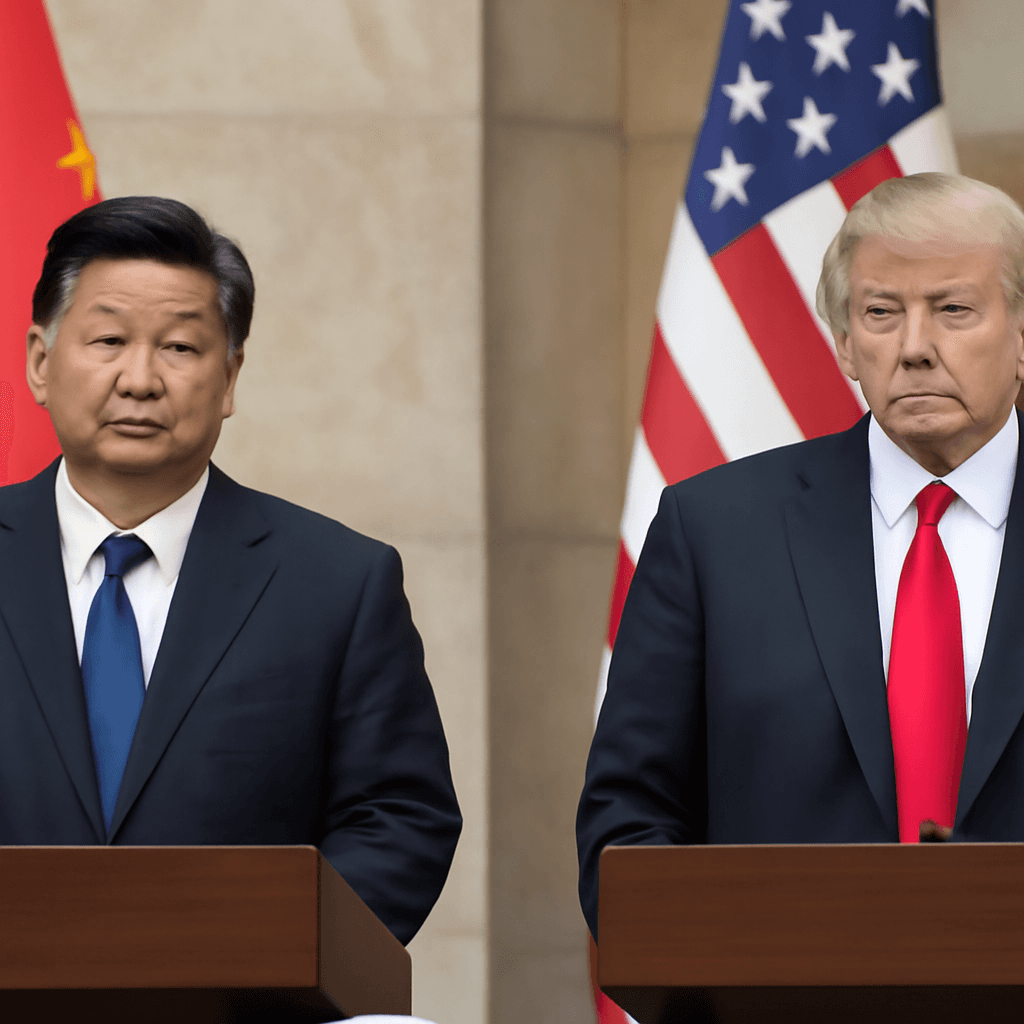Jamaat-e-Islami's Political Resurgence in Bangladesh
The political landscape of Bangladesh is witnessing a significant shift as Jamaat-e-Islami Bangladesh, along with its student wing Chatra Shibir, have regained their political status. The Supreme Court recently restored their registration, enabling the organization to participate in upcoming elections. This development follows the lifting of a ban on the group by the Muhammad Yunus government shortly after it assumed power last year.
Despite being deregistered and banned from electoral participation since 2013, Jamaat-e-Islami has operated actively within Bangladesh, seeking to rebuild its political presence. The organization had faced accusations of involvement in attacks on minority communities in the turbulent periods following the ousting of former Prime Minister Sheikh Hasina.
Historical Context and Legal Controversies
Jamaat-e-Islami previously supported Pakistan during the 1971 Bangladesh Liberation War, a period marked by severe atrocities including genocide and mass human rights violations committed by the Pakistan Army against the people of then East Pakistan.
In 2014, a prominent Jamaat leader was convicted on charges relating to wartime crimes, but this conviction was recently overturned by the court, adding to the controversy surrounding the party's reentry into mainstream politics.
Political Dynamics and Regional Implications
The resurgence of Jamaat-e-Islami holds substantial significance for Bangladesh’s domestic politics and the broader South Asian geopolitical landscape, particularly for India. Analysts suggest Jamaat’s return may be linked to its support of the current government, which some critics allege is leveraging the organization to prolong its hold on power.
The party’s pro-Pakistan stance opens avenues for increased Pakistani influence in Bangladesh, creating fresh strategic challenges for India, which shares the longest border with Bangladesh. The renewed political space for Jamaat may thus facilitate a reemergence of Pakistan-aligned elements within Bangladesh’s political framework.
Geopolitical Consequences Related to Rohingya Crisis
Adding complexity to the situation, Jamaat-e-Islami has recently advocated for the creation of an independent Rohingya state, following discussions with Chinese Communist Party officials. This proposal arises amid ongoing instability in Myanmar, where ethnic armed groups, including the Arakan Army, are asserting control near the Bangladesh border, triggering surges of Rohingya refugees into Bangladesh.
Impact on India's Strategic Interests
India’s strategic projects in the region, including the Sittwe Port and the Kaladan Multi-Modal Transit Transport Project (KMTTP) in Myanmar, are designed to strengthen connectivity with Southeast Asia and improve access to India's northeastern states. Any shift in regional alliances or support for separatist movements, such as the proposed Rohingya state, could undermine these initiatives and challenge India’s interests.
Moreover, Jamaat’s Islamist agenda, which contradicts Bangladesh’s pluralistic ethos, may lead to increased tensions along the India-Bangladesh border and affect regional security.
Current Political Alignments and Future Prospects
Historically, Jamaat-e-Islami has not secured majority support but has acted as a kingmaker by forming alliances, particularly with the Bangladesh Nationalist Party (BNP). While the BNP advocates for holding elections by December 2025, Jamaat appears more inclined to support an extended tenure for the current government, providing additional time to consolidate its political base.
Controversies over Historical Narratives
The ideological stance of Jamaat-e-Islami also involves downplaying Bangladesh’s Liberation War and undermining India’s role in 1971. An article by their student wing caused significant backlash after criticizing Muslim participation in the war. This incident highlights Jamaat’s ongoing attempt to reshape historical narratives to fit its pro-Pakistan ideology.
Conclusion
The reemergence of Jamaat-e-Islami in Bangladesh’s political arena presents multifaceted challenges for domestic stability and regional geopolitics. Its alignment with Pakistan and recent geopolitical maneuvers, including engagement with China and Rohingya statehood proposals, warrant close attention. For India, these developments could impact border security, regional connectivity projects, and broader strategic interests in South Asia.

